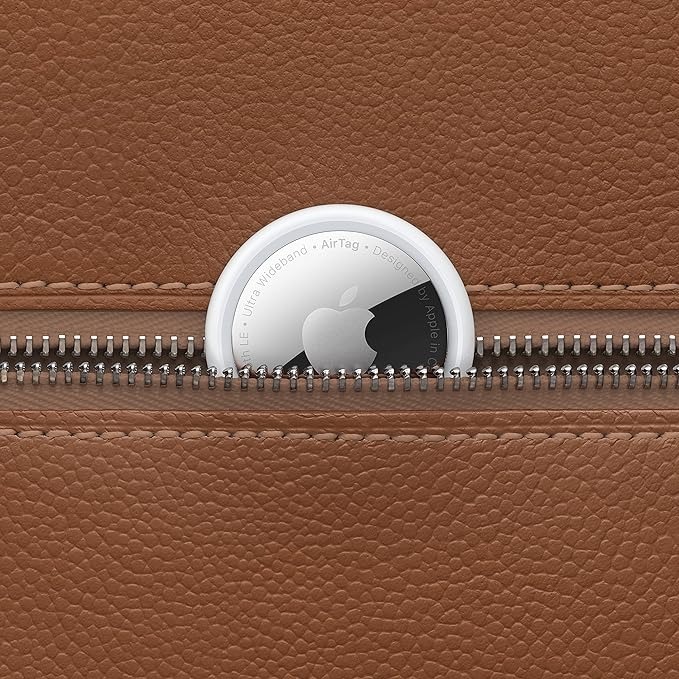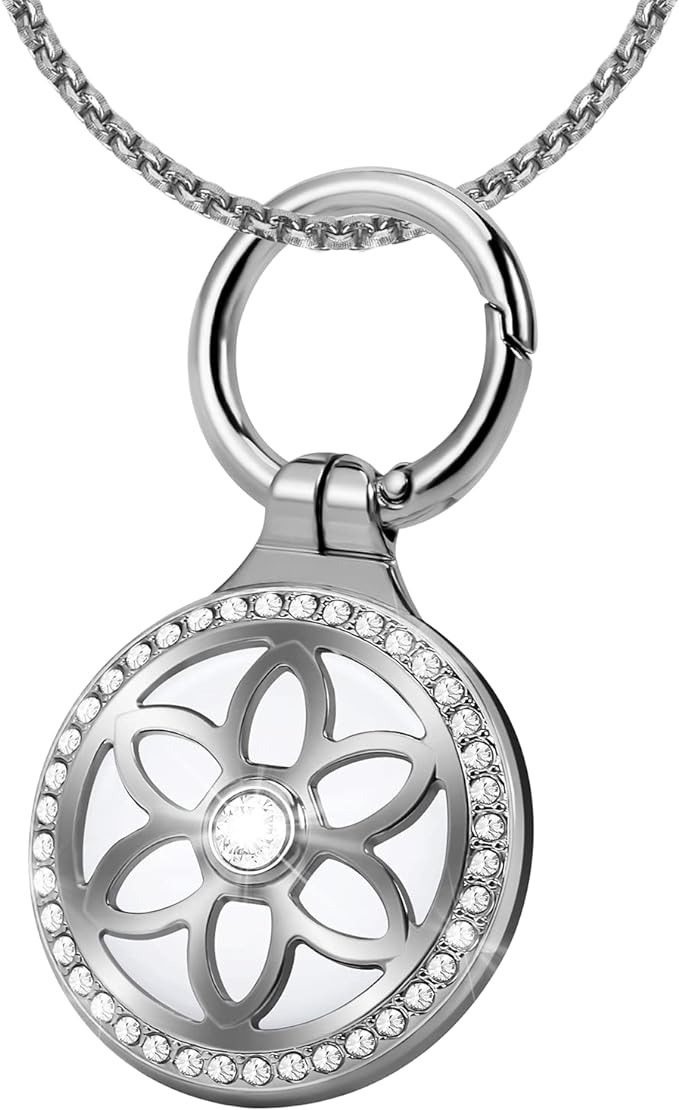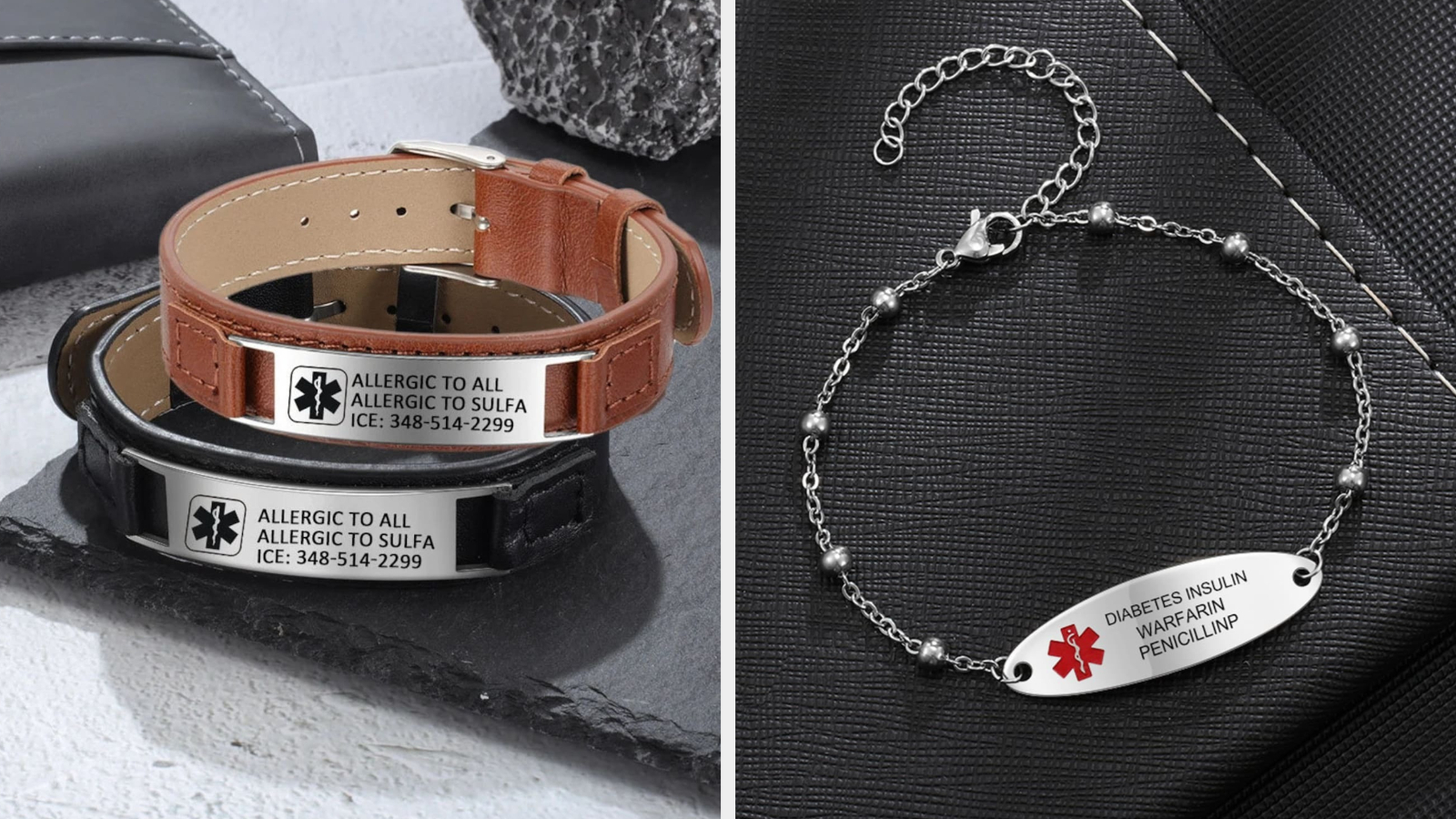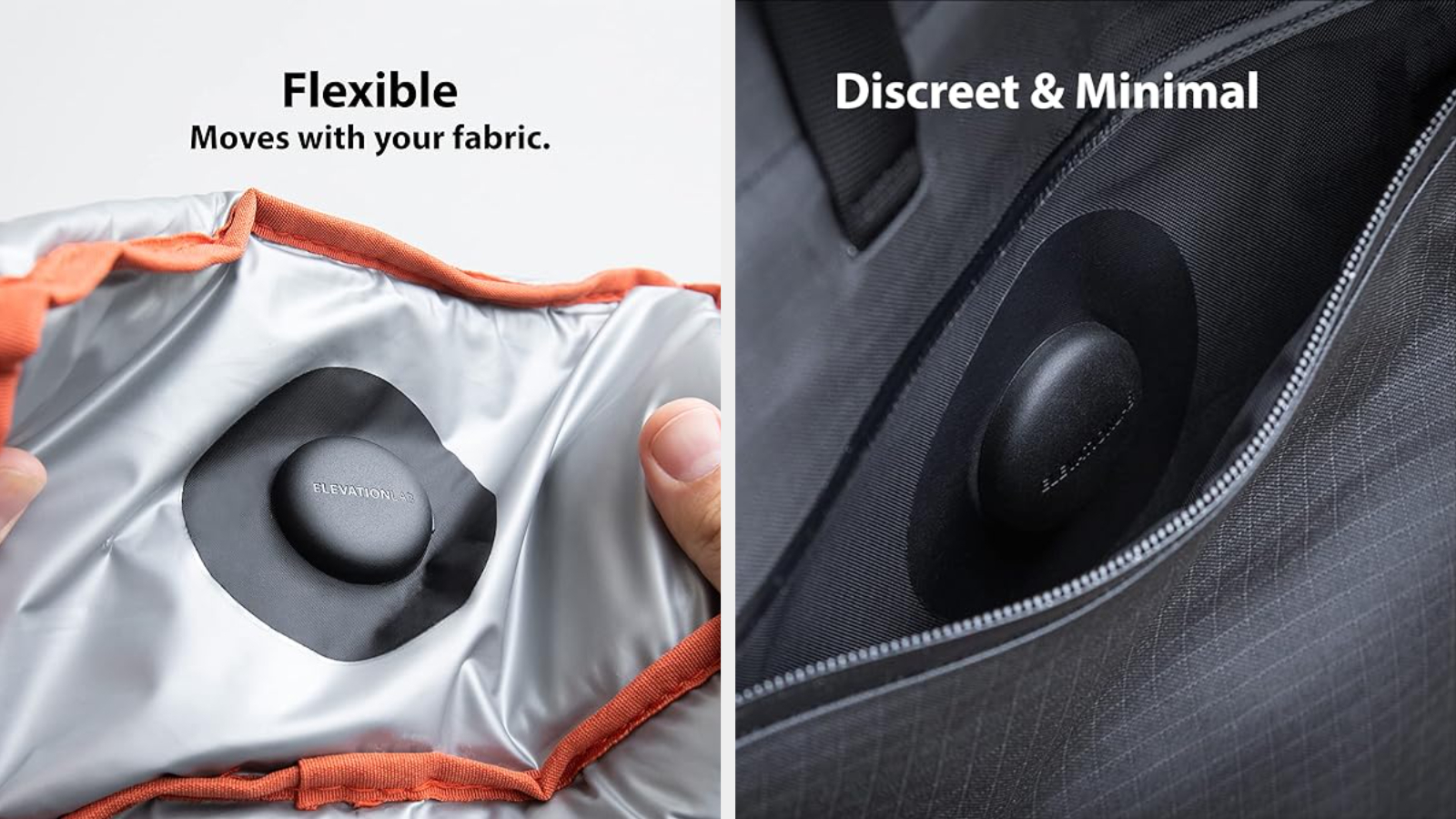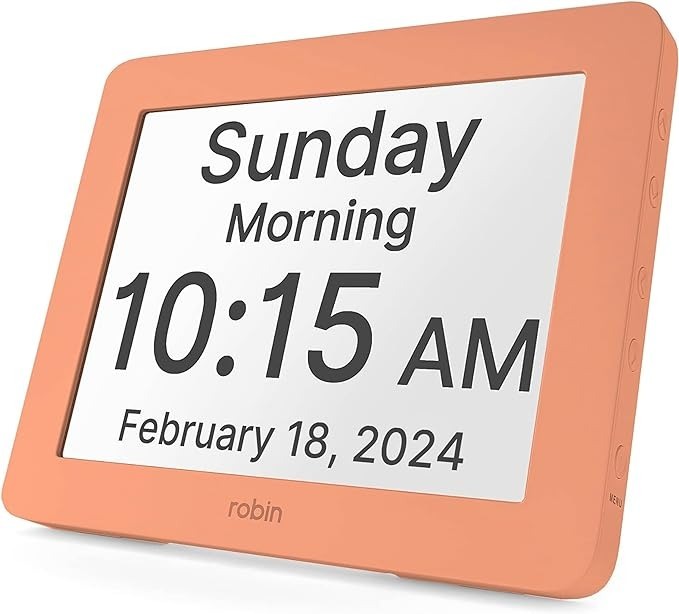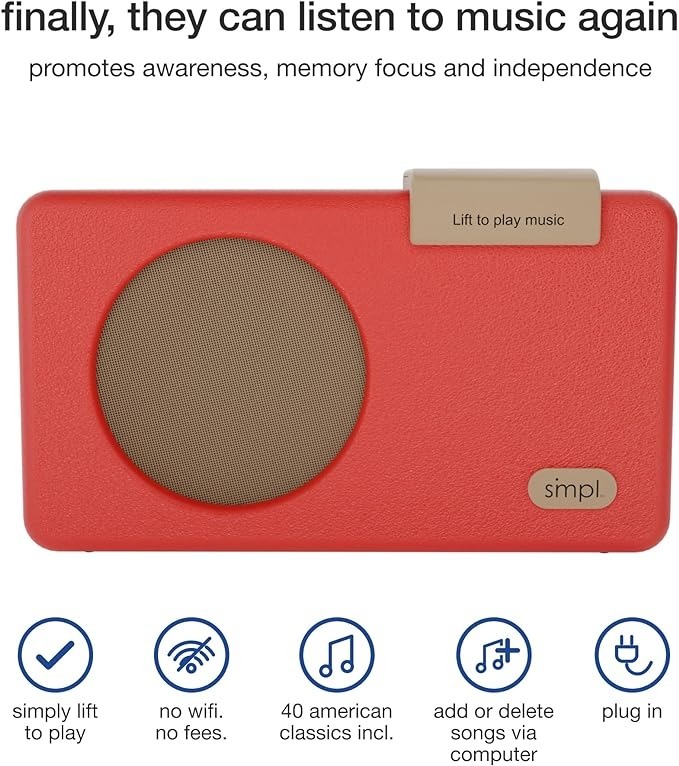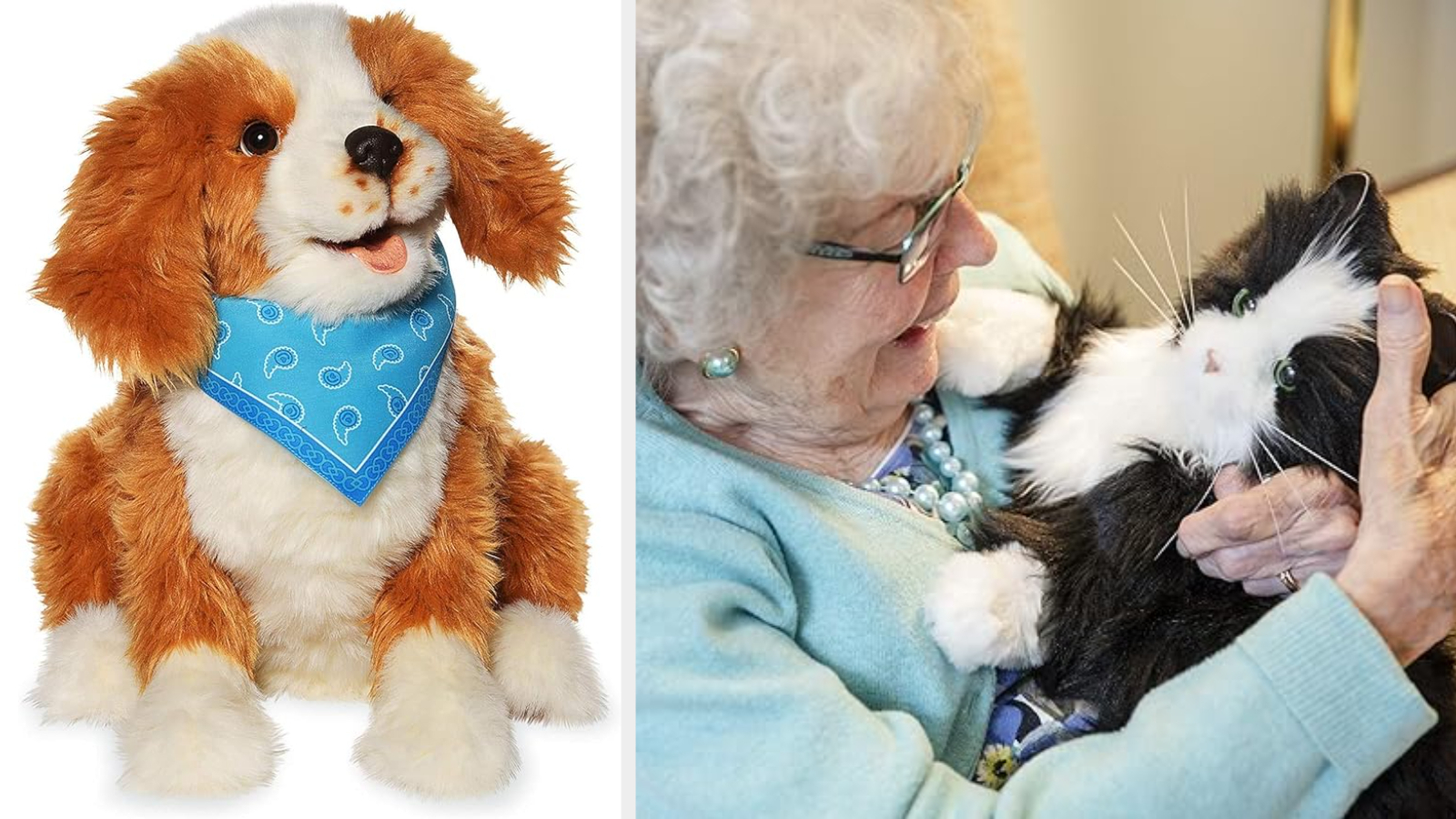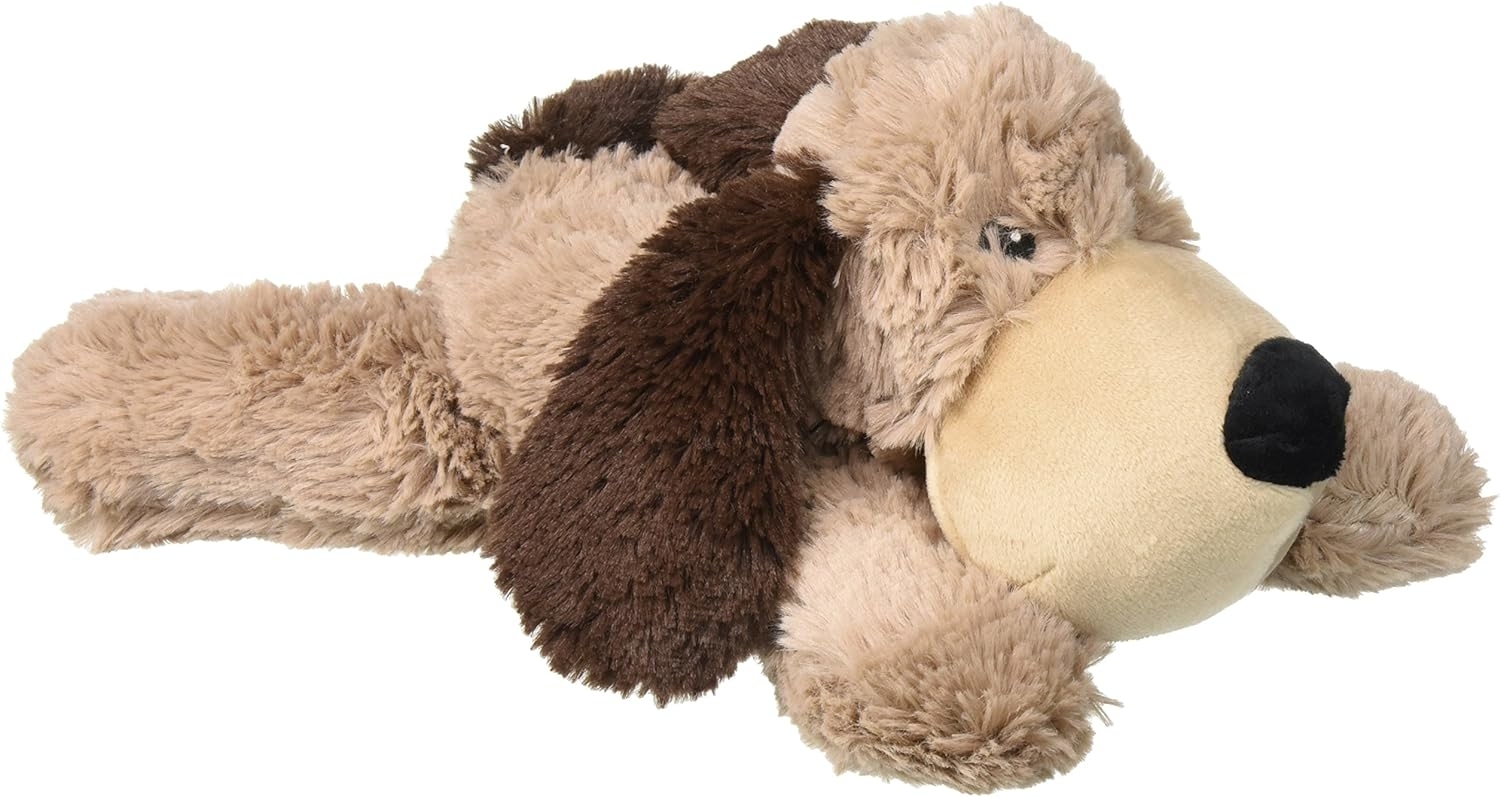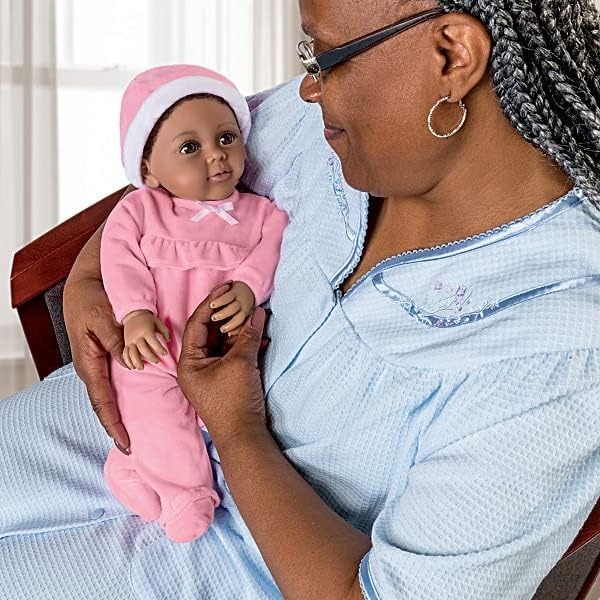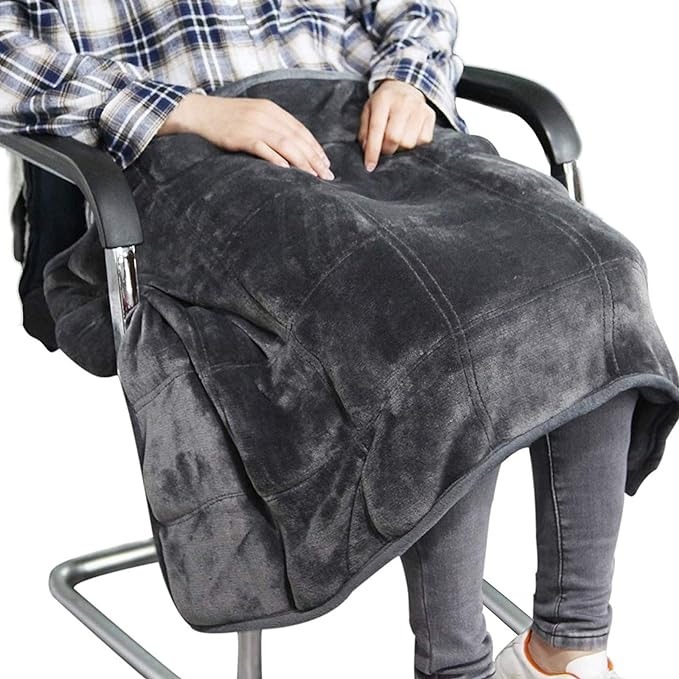Dementia has touched many of our lives, whether directly or indirectly. You may be involved in the caretaking of a loved one or have been diagnosed yourself.

While there is currently no cure for dementia, there are a number of preventative practices that can help with progression of the disease by “building cognitive and affective resilience and possibly prevent[ing] the onset of dementia in the first place,” according to Fesharaki-Zadeh.
Both Fesharaki-Zadeh and Paris emphasized the importance of social connection, too. An important aspect of socialization is the routine it can provide, as well as making folks with dementia feel that their presence is not just wanted, but also useful. “It’s good to have a routine of activities, and everybody wants to feel like they’re needed and useful,” Paris said. “The more that you can integrate somebody with dementia into the daily activities of life, the better,” Paris added.
In addition, “Planning in advance [and knowing what to expect] is a key measure,” Fesharaki-Zadeh wrote. This will help “minimize patient and caregiver distress,” he noted. For example, “More than half of people with dementia will eventually wander,” Paris said. “So it’s hard to know when is going to be the first time? So it’s best to try to take steps beforehand.”
Luckily, Paris recommended some useful products (like AirTags, to track your loved one) to help you plan ahead as well as enrich your loved one’s life.
And remember: “Each person with dementia is going to be very unique because they have their own history and their own way of how the disease is progressing,” Paris explained. “So what works for one person might not work for another person.”
7. Art projects
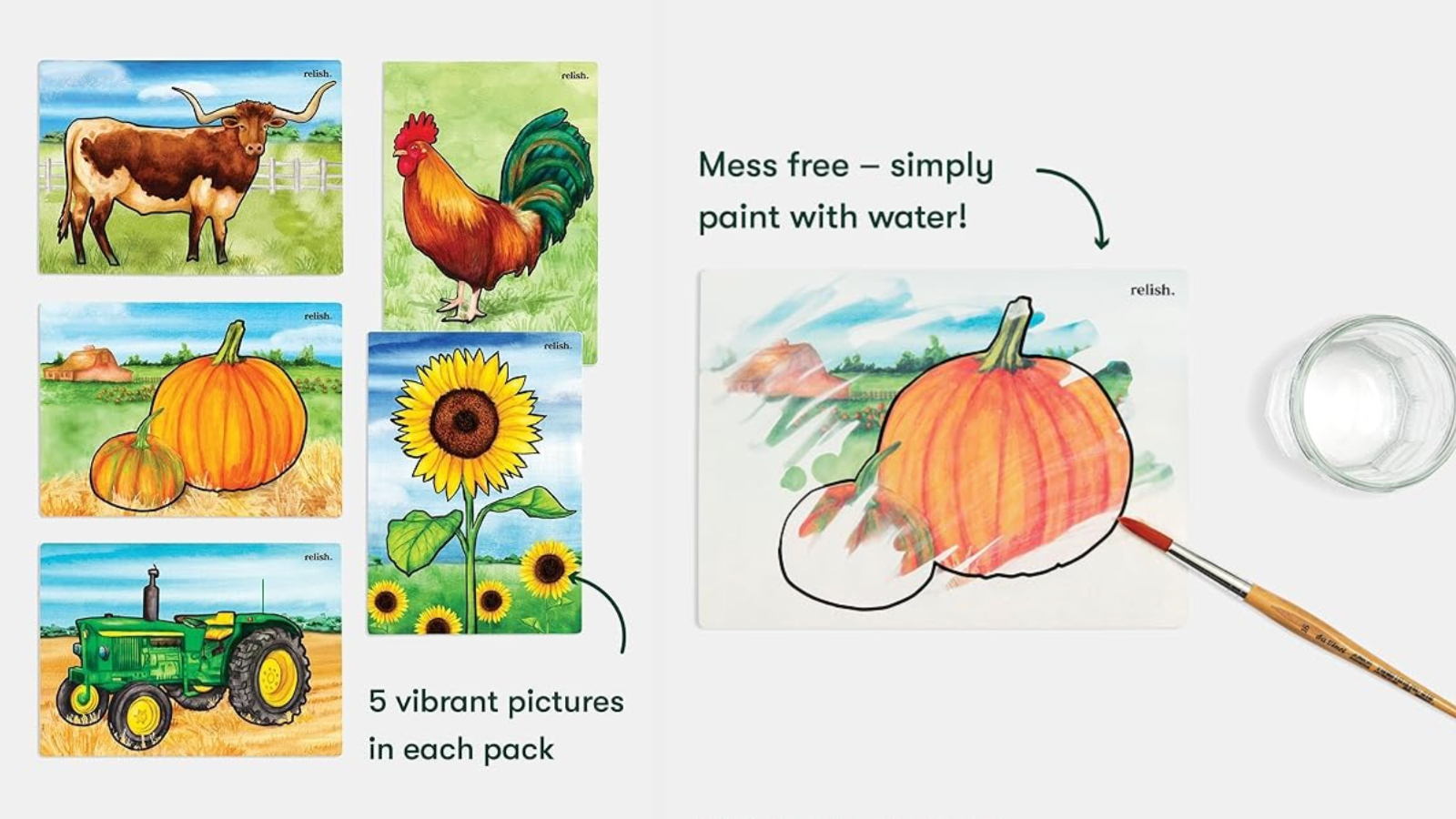
10. And a baby doll
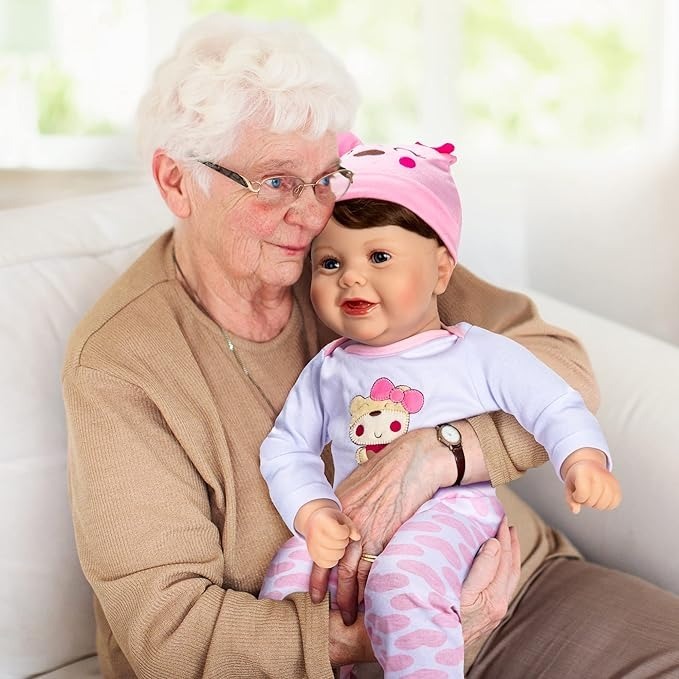
The reviews for this post have been edited for length and clarity.

